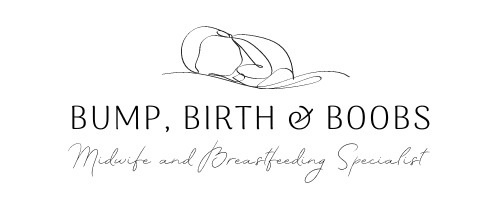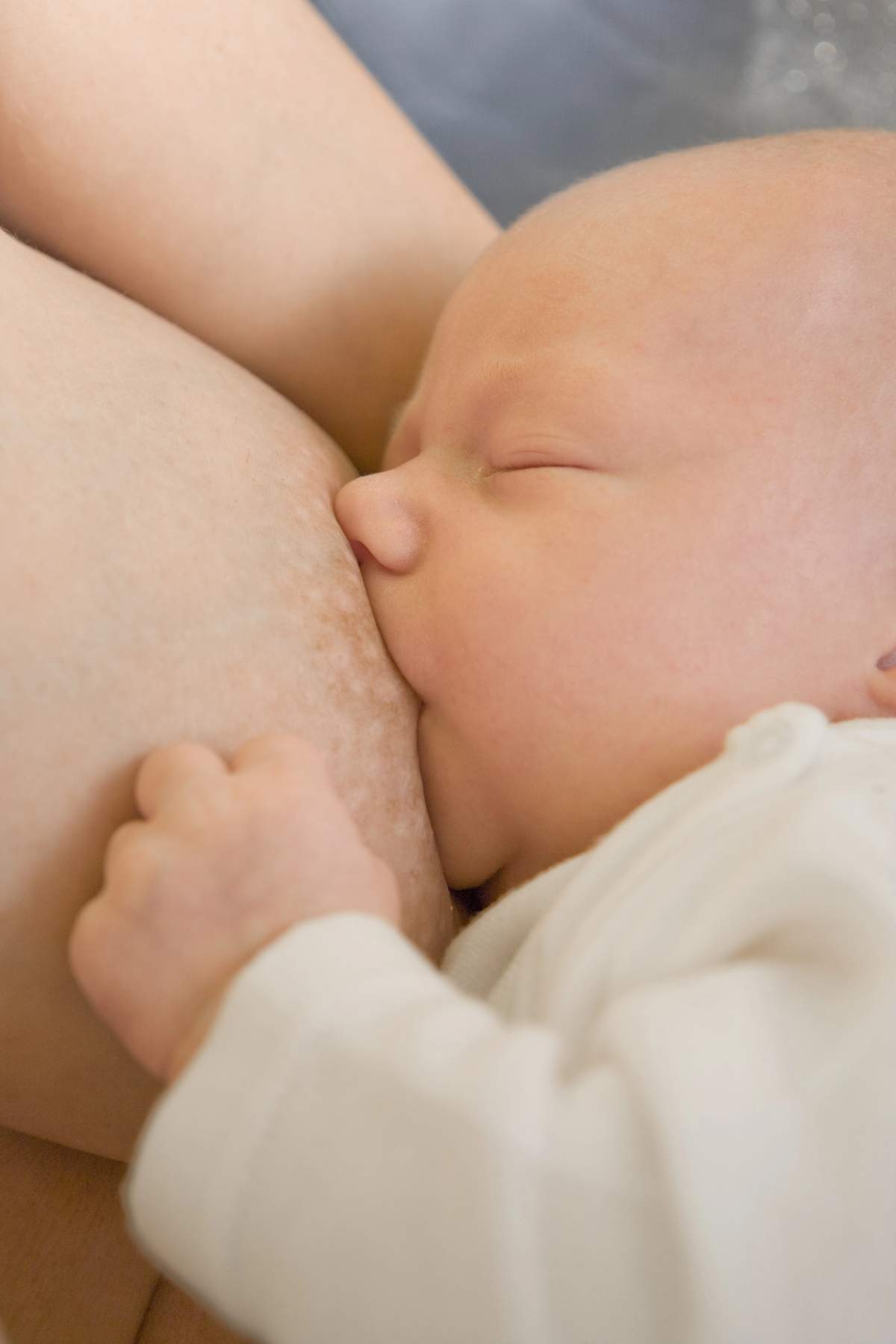Breastfeeding Pain

Breastfeeding should not be painful.
I’m going to say that again so you really get the message. Breastfeeding should NOT be painful!
While some discomfort can be normal, especially in the early days as you and your baby are getting used to the process, persistent pain is not typical and may indicate an issue. I often say to new families that in the early days it’s a bit like wearing a new pair of shoes. It’s certainly not your comfy old trainers but the shoes fit.
When your baby first latches onto your breast they will be sucking quickly and will be forming a teat with your nipple in the back of their mouth. During the first 30 to 60 seconds this can be uncomfortable but this discomfort should very quickly settle. If it doesn’t then it is probably necessary to seek additional support from your midwife, health visitor or breastfeeding professional.
There are some common reasons for pain during breastfeeding.
Poor Latch
If your baby isn’t latching on correctly, it can cause soreness and pain. Being brave helps no one here as if your baby’s latch to your breast is poor they will not be able to get the milk that is available to them and if this is not corrected this may affect your milk supply. You can see my video on CHINS and breastfeeding positions which may be useful for you to improve the latch.
Nipple Damage
Cracked, bruised or bleeding nipples can occur due to an improper latch. Often when damage has been done it can take a day or two for pain to fully subside, even if efforts have been made to rectify a poor latch. If you have one breast that is more affected than the other then you may choose to skip a feed on that breast and express your milk instead.
Sign up for free tips and advice

Get my video guide to
breastfeeding positions
Plus
just for signing up
Tell me when your baby is due or when they were born so that I can send you the most relevant tips
Engorgement
Overly full breasts can cause discomfort, especially in the early days of breastfeeding. Additionally an engorged breast can be more difficult for your baby to latch onto. An anti-inflammatory can help ease the pain, along with cold compresses between feeds. To help baby latch it can be useful to express a little milk prior to feeding your baby to help soften your breast. Usually hand expressing is the best way to express if you are engorged.
Infections
Conditions like mastitis or thrush can cause pain and should be addressed by a healthcare professional.
If you are experiencing pain during breastfeeding, it’s important to seek help from an experienced lactation professional who can assess the situation and provide guidance.



